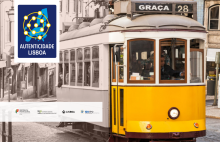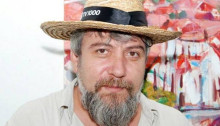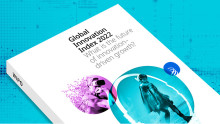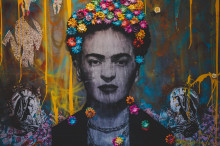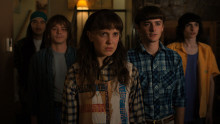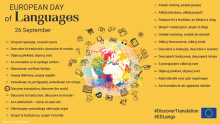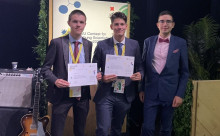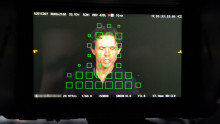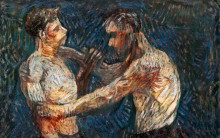Lisbon receives certification as an AUTHENTICITY and says no to COUNTERFEITING
On 26th October, Lisbon will be certified as an Authenticity. This initiative is related to the inclusion of Lisbon in the European Network of Authenticities, within the scope of the project Authenticities launched by the EUIPO, which brings together national and regional intellectual property offices in the EU, municipalities from all over Europe and local organisations, the purpose of which is to foster the fight against counterfeiting and piracy.
